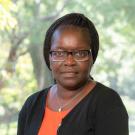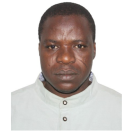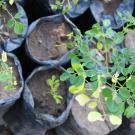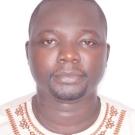Horticulture Innovation Lab in Africa
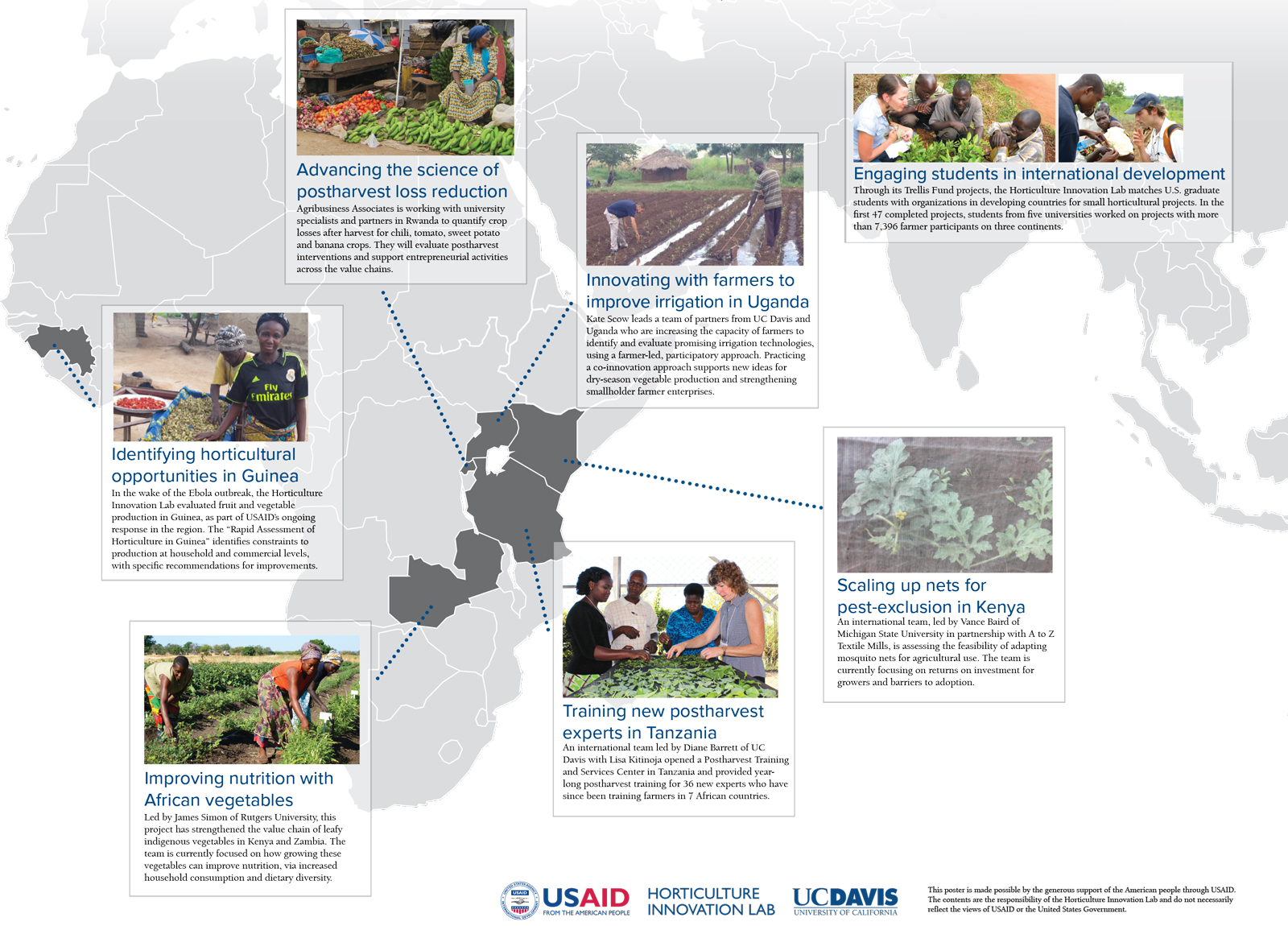
The Horticulture Innovation Lab has research teams working in several African countries to advance horticultural science in relation to nutritious vegetables, reducing postharvest losses, improving fruit and vegetable production, helping smallholder farmers access appropriate irrigation solutions and other research topics related to fruit and vegetable production.
More information about the Horticulture Innovation Lab's projects are available in fact sheets focused on the program's activities and research investments in three African regions:
One of the program's major projects is focused on improving nutrition with African indigenous vegetables in Kenya and Zambia. This five-year project incorporates team members and lessons learned from previous projects in Kenya, Tanzania and Zambia that focused on various aspects of the value chain for African indigenous vegetables.
Another major project is focused on reducing postharvest losses in Rwanda, which takes a systematic approach to the complex challenges and business opportunities inherent in postharvest stages of horticultural crops. The research project includes evaluations of postharvest losses across four different value chains, establishing postharvest training and service centers (PTSCs) in three locations, and building entrepreneurial capacity for stakeholders to capture value while reducing losses.
In 2015 during the wake of the Ebola outbreak, the Horticulture Innovation Lab was contracted to conduct a "Rapid Assessment of the Horticulture Sector in Guinea," as part of USAID's long-term response to the region. After the report, the program also began work in Guinea to establish a youth-led Horticulture Training and Service Center to share horticultural innovations with the region while engaging local youth in profitable endeavors.



